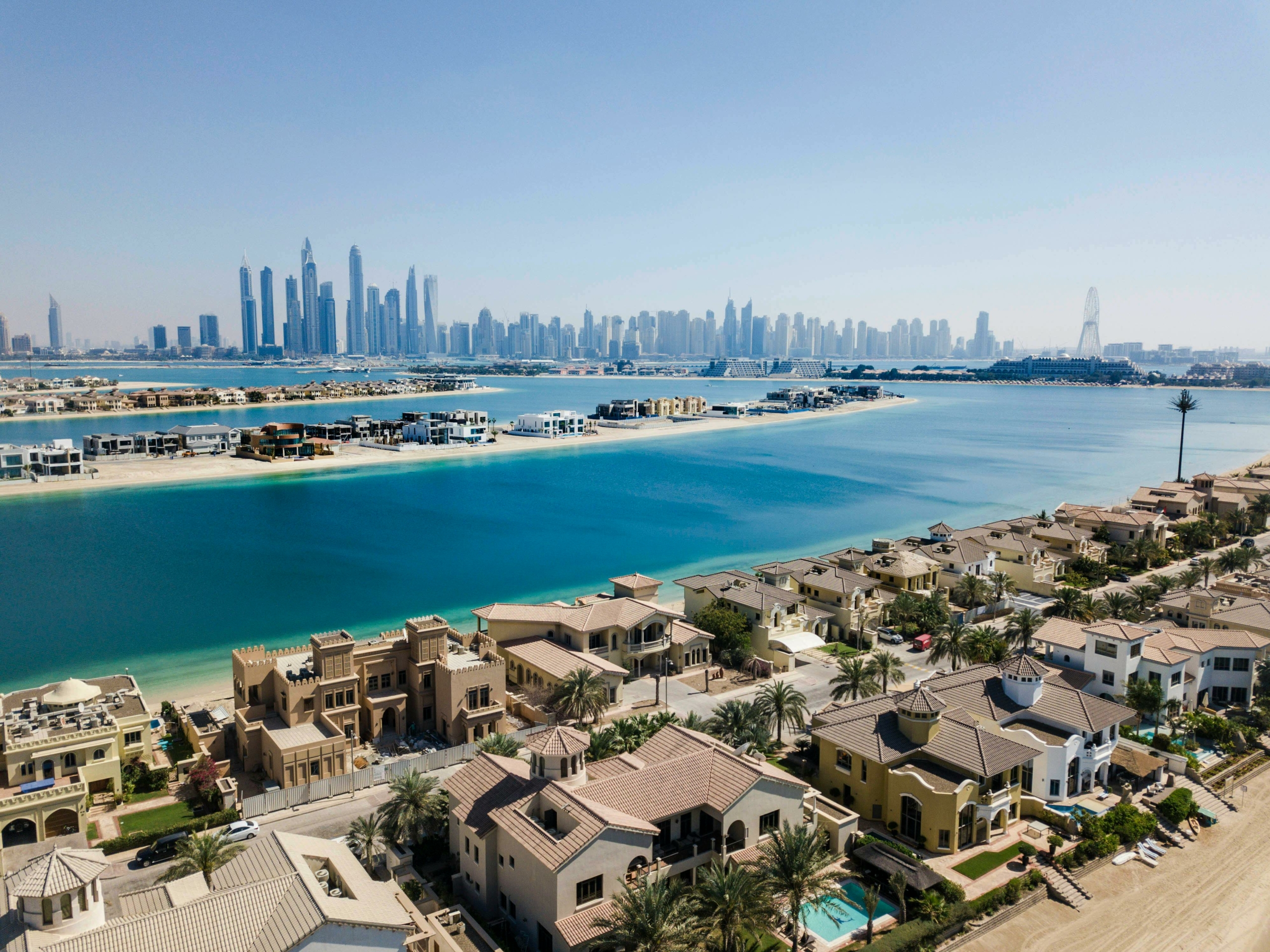
Engaging in real estate asset management involves meticulously analysing real estate investment assets to formulate effective economic strategies aimed at mitigating risk exposure and optimising investment returns. This process encompasses diligently monitoring performance and making proactive decisions, such as implementing value-add improvements, determining opportune moments to buy, sell, hold, or refinance properties, among other considerations, all with the objective of enhancing property values and pursuing optimal risk-adjusted returns.
According to a recent report by PwC, a prominent figure in corporate sustainability on a global scale, there’s a projected doubling in size for alternative asset classes by 2025, encompassing private debt and private equity. This forecast underscores the escalating significance of asset management not only within real estate portfolios but across various sectors. However, the question remains: How can individual investors confidently navigate this terrain?
For individual investors, especially those relatively new to the commercial real estate realm, real estate asset management services play a pivotal role. Despite the unprecedented accessibility to private-market real estate for individuals, dedicated asset management is indispensable to instil confidence and enable passive investment in real estate ventures. As an LP investor, placing trust in the GP (general partner) or investment manager, as well as the platform facilitating the investment, is crucial, particularly regarding the thorough underwriting process and the ongoing asset management services provided by the platform.
What Is Real Estate Asset Management in Dubai?
Real estate asset management involves analysing real estate investment assets to develop effective economic strategies that mitigate risk exposure and maximise returns. This encompasses various tasks, including:
- Sourcing Lucrative Investments: Asset managers identify promising real estate opportunities aligned with investors’ objectives.
- Cost Reduction: They work on minimising operational, maintenance, and closing costs to enhance profitability.
- Risk Forecasting and Mitigation: Asset managers assess and mitigate risks associated with investments, ensuring resilience against market fluctuations.
- Financial Planning: Constructing robust financial plans tailored to each asset’s unique characteristics and market conditions.
- Portfolio Diversification: Asset managers diversify portfolios to spread risk across different luxury property types, regions, and markets.
- Operational Management: Overseeing operational aspects such as leasing, property management, and financial analysis to optimise property performance.
- Maximising Returns: The primary objective is to maximise property value and investment returns through strategic decision-making and effective portfolio management.
Effective asset management entails providing consistent updates to investors, prioritising actions to maximise portfolio returns, and fostering scalability over time.
Phases of Real Estate Asset Management
The life cycle of real estate investment typically consists of three primary phases:
1. Acquisition Phase:
- Asset managers collaborate with sponsors to craft economic strategies aimed at maximising returns on asset acquisition.
2. Holding Phase:
- Monitoring the asset’s health, navigating legal requirements, and ensuring optimal management and maintenance.
3. Disposition Phase:
- Facilitating asset sale decisions and capital reinvestment strategies, aiming to optimise returns and liquidity.
Throughout these phases, asset managers maintain regular communication with sponsors or investors, ensuring alignment with investment objectives and market conditions.
Real Estate as an Investment Asset
Dubai’s real estate market offers diverse investment opportunities for individuals, companies, and institutions seeking long-term returns and portfolio diversification. Unlike traditional financial assets, real estate provides tangible assets with appreciation and income generation potential.
Investors can explore various property types, each presenting unique opportunities and challenges. Residential properties appeal to individual investors seeking stable rental income and capital appreciation, while commercial properties offer higher rental yields but entail higher operational costs and market risks.
Challenges in Real Estate Investments
Despite lucrative prospects, real estate investments pose significant challenges, including:
- Market Volatility: Economic fluctuations and geopolitical events impact property values and investment returns.
- Property Management: Operational tasks such as tenant management and maintenance require efficient coordination.
- Risk Management: Assessing and mitigating market, credit, and operational risks to safeguard investor interests.
- Legal and Regulatory Compliance: Navigating complex legal frameworks to ensure compliance and avoid disputes.
- Asset Performance Optimization: Strategic planning and proactive management are essential to maximise asset performance amidst market dynamics.
Role of Asset Managers in Dubai Real Estate
Asset managers play a multifaceted role in Dubai’s real estate industry, encompassing various responsibilities:
- Investment Strategy: Developing and implementing strategies aligned with client objectives and market conditions.
- Portfolio Diversification: Investing across diverse property types and locations to spread risk and enhance performance.
- Property Acquisition and Disposition: Identifying opportunities, conducting due diligence, and optimising asset sales for maximum returns.
- Leasing and Tenant Management: Managing tenant relationships and optimising occupancy rates to maximise rental income.
- Financial Analysis and Reporting: Analysing property performance and market trends to provide insights for informed decision-making.
- Risk Management and Compliance: Assessing and mitigating risks while ensuring compliance with legal and regulatory requirements.
- Stakeholder Communication: Regular communication with investors and stakeholders to provide updates and foster transparency.
Conclusion
At K Estates, we firmly believe that asset managers are essential partners in maximising the potential of real estate investments in Dubai. Through our expertise and strategic insights, we are dedicated to optimising returns and minimising risks for our clients. By collaborating with a trusted asset management firm like ours, investors can benefit from tailored solutions and expert guidance specifically tailored for navigating the luxury property market in Dubai. Our focus on maximising total returns and maintaining transparency ensures that investors can achieve their wealth management objectives efficiently and effectively.

